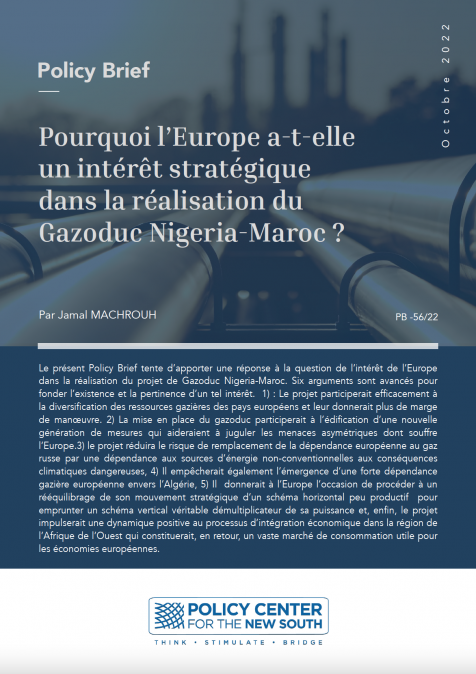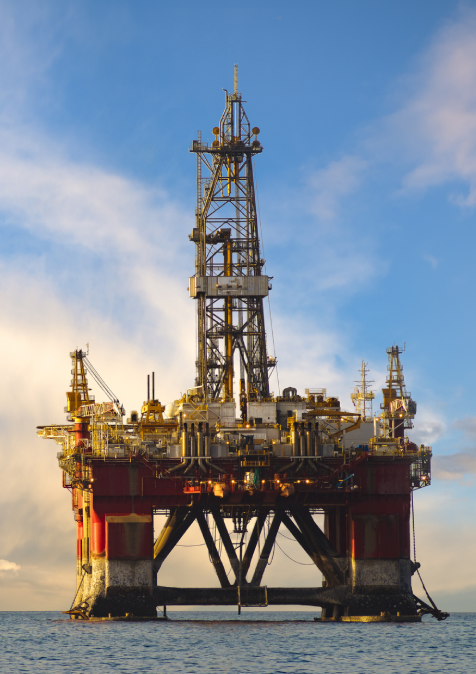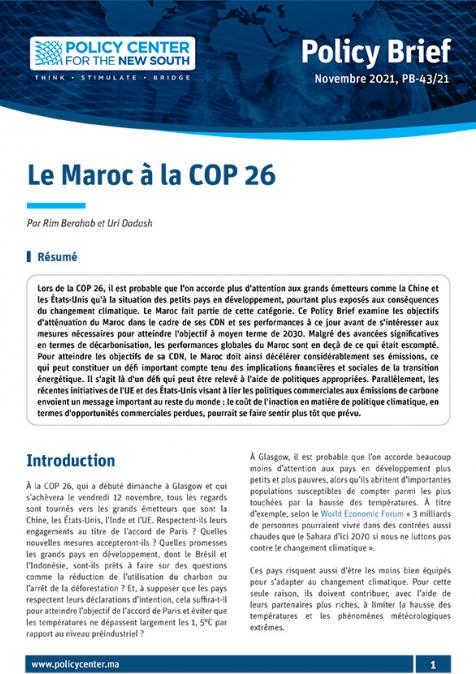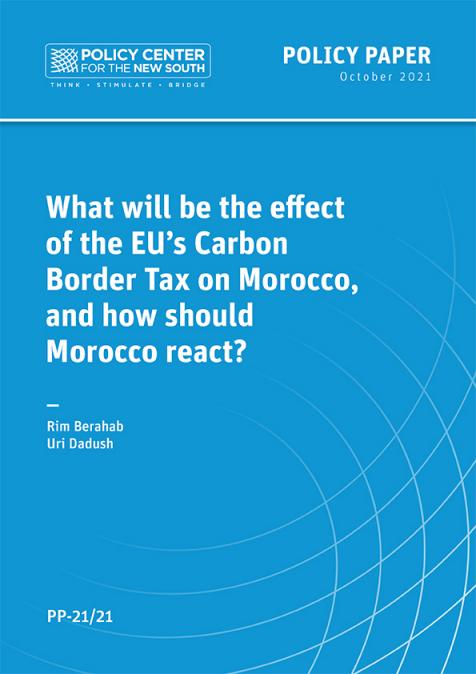Publications /
Opinion
In January 2022, two UK-based oil companies, Chariot Limited and Predator Oil & Gas Holdings PLC, made positive announcements on two gas fields in Morocco. These natural gas discoveries generated considerable attention. This is often not surprising for a number of reasons: a hydrocarbon discovery (oil and natural gas) is an important event in itself given the prominence of hydrocarbons in global energy (oil and natural gas together account for around 60% of global energy consumption), and in world economic and geopolitical affairs; a discovery creates hopes and expectations, and occasionally leads to disappointment; and a discovery may also generate controversy, either due to a misunderstanding of basic hydrocarbon industry technical concepts, which can lead to misinterpretation, or due to questionable communication on the magnitude of the discovery by the company or companies involved.
A ''promising'' or ''significant'' discovery
In the first instance, we should review the facts. This is a gas discovery on the Lixus Offshore marine permit, with an area of 2,390 km². Located some 40 kilometers off Larache, the permit is held by a consortium made up of Chariot (75%) and the Office National des Hydrocarbures et des Mines (Onhym, 25%), the national oil company of Morocco. Chariot operates the field and conducts the field work. The discovery was made at the Anchois-2 site (Anchois-1 was drilled in 2009 on the same permit). Drilling occurred in the second half of December 2021 at a water depth of around 380 meters to reach a depth of 2,512 meters.
Drilling uncovered evidence of gas accumulation. Two other positive findings are: an accumulation net thickness of 100 meters (up from 55 meters for the net productive zone discovered by Anchois-1, according to Chariot) and a high quality of reserves. The first piece of good news should however be tempered, as the 100-meter thickness is in fact spread over six zones, ranging from eight to 30 meters each, according to Onhym.
In short, drilling results are ''promising'' according to Onhym, while Chariot speaks of a "significant" discovery. And that is not the end of the matter. Morocco's national company indicated further in-depth analysis is to be conducted to refine gas potential assessments. Not much to write home about, of course, but that's not the point. The oil and gas industry operates on a different timeline and timeframe than do the media, policy makers and public opinion. It is indeed far too early at this point to advance specific numbers.
Anchois in production within three years?
Anchois-2 drilling data is being analyzed and other drillings will be conducted. The Anchois-1 well can be used for further field development. Chariot and Onhym now intend to work for quick development of this discovery. In an interview with SNRTNews, Onhym CEO Amina Benkhadra indicated that production could begin by the end of 2024.
Chariot and Onhym's communication following the Anchois-2 drilling operation has been highly professional. Chariot has in the past however released figures that might still fuel controversy today. The company estimated recoverable resources for Anchois-1 to be around 30 billion cubic meters and for the entire Lixus permit to be 80 billion cubic meters, based on a study by specialist consultants NSAI. These estimates are highly speculative as they refer to both contingent and prospective resources. After Anchois-2, Chariot took a more sober approach by not including such estimates, which are at the very least confusing to non-specialist audiences.
Caution and optimism
Another UK oil company, Predator Oil & Gas Holdings based in Jersey, recently announced significant estimates in the Guercif Basin from the MOU-1 and MOU-4 drillings. Unlike Lixus, this is onshore work. Predator reported an estimated 11 billion cubic meters of natural gas, but this too is a potential resource estimate and should therefore be treated with extreme caution.
Whilst maintaining cool heads, 2021 heralds a number of positive signs for Morocco's gas prospects. These include Sound Energy's Tendrara project and activities of SDX Energy, both London-based firms with onshore exploration licenses in Morocco. No cause for celebration, obviously, but projects and players to watch closely in the coming months.
All opinions expressed in this text are the sole responsibility of the author.








